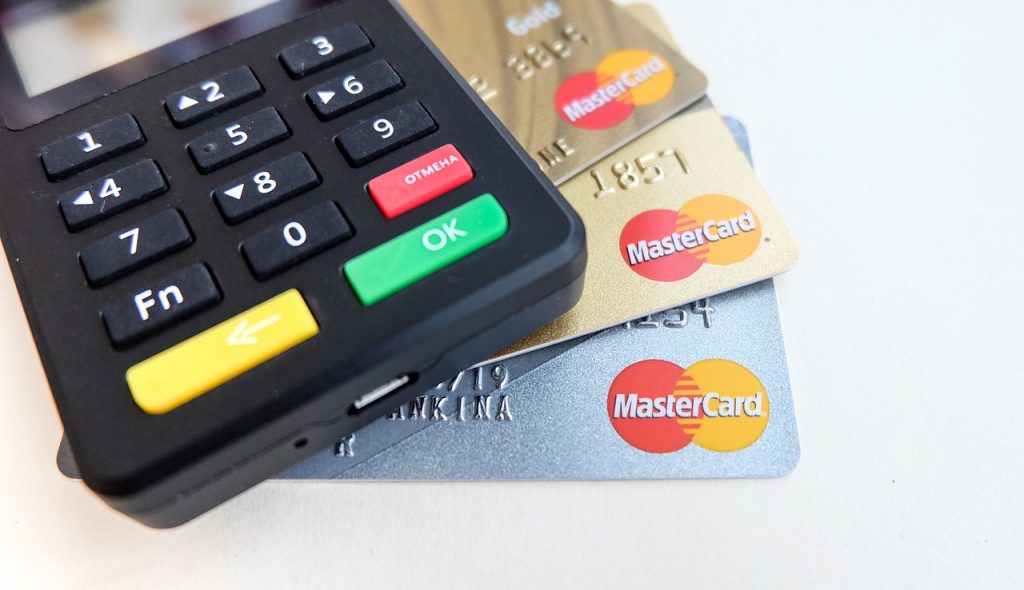It’s difficult to find a newspaper or a news portal that isn’t flashing news about a fresh cyber attack every second day. Big businesses, financial sectors, government sectors, or any industry, for that matter, have fallen prey to high-profile cyber attacks.
Whether it is the shutdown of Baltimore for weeks due to ransomware that went by the name of Robinhood, or the American Medical Collection Agency suffering a data breach where the PII of 25 million patients was at stake, cyberattacks have proven to be a curse for digital security. However, cyberattackers are not just targeting big organizations. According to a recent survey by Verizon, cyberattacks on small businesses are also witnessing steady growth in attacks.
These stats are alarming, and the lack of information or cybersecurity measures adds to more insecurity. As a result, there is an increased need for public awareness about the rising threat of cyberattacks. We have listed some of the tried and tested measures you must take up to prevent cyberattacks. Let us get started:
Table of Contents
● Set up a Firewall
With the changing technology, there is no shortage of complicated data breaches. Plus, new ones keep emerging daily, sometimes even coming back, making the situation even worse. To combat this, putting the private network behind the firewall has proven to be one of the most successful strategies against cyber assault.
A firewall is a security device that acts as a watchman and is responsible for securing your network from unauthorized access to confidential data. Apart from this, it also protects computers from corrupt software, thereby developing a barrier between untrusted outside networks and your secure internal networks.
● Constant System Monitoring
You might not believe this, but it is quite possible to physically attack your company’s computer systems. Anyone can conveniently walk into your workspace and inject a USB with malicious files into the computers. It would give them access to your confidential information and /or infect the entire network. Who would want that? Therefore, constantly monitoring who has access to your network is essential.
Installing a perimeter security system is an ideal approach to prevent break-ins or cybercrime.
Use of Secure Socket Layer (SSL) Certificates
SSL is an abbreviation for Secure Socket Layer. It is a certificate that establishes a safe and encrypted connection between the end user’s web browsers and the central server, ensuring that no third party can intercept confidential data during online data transmission.
The installation of these certificates has become compulsory for websites that accept online payments, like E-Commerce businesses. Websites with SSL certificates have a secure padlock on the left side of the URL, and its URL will start with https:// and not http.
When your website is non-SSL encrypted, third parties can get access to confidential user information during data transmission. Thus, SSL is considered an ideal solution. While reputable CA’s offers these certificates at a higher cost, you can also get a cheap SSL certificate from reliable vendors.
● Conduct Regular Audits
We do not claim that you can get rid of the risk of cyber assaults, but you can certainly take precautions by regularly assessing and reviewing cyber protection. This will ensure that the system you already have in place correctly identifies any vulnerabilities and helps improve your defense without causing any significant issues to the business.
●Use Multi-factor Authentication and Password Management
As far as device security is concerned, multi-factor authentication and password management policies are crucial. Although the role of the password is clearly defined, changing it with a random and robust password is as important. Additionally, changing all the default passwords on all the devices is crucial, as malicious actors can leverage this vulnerability to exploit your data.
Another factor that plays an important role in your system security is multi-factor authentication. In this, a user is forced to confirm their credentials via a secure secondary application each time they use a device.
● Create Robust Security Policies and Practices
Establishing a well-defined practice and policy for protecting your company against cyber-attacks will offer a guideline to resolve any issues when they arise. However, while doing so, you should ensure that you rightly define how different situations must be handled and the resulting consequences if an employee is found to be violating the policies.
The policy must always include preventing access to company devices to unauthorized users. Apart from this, note that hackers usually target cell phones and laptops as they are easily stolen or misplaced. To combat this situation, always ensure the devices are being disposed of back to factory settings.
● Create a Security-Driven Workplace Culture
While having a cyber security solution in place ensures the protection of your system from attackers walking through your door, having a cyber security culture will help your whole business prevent the attacker from initiating any attack.
Insider data breaches can have severe consequences, so developing a strong data use policy that is well-defined for all employees is important. You must limit access in several sensitive places. If you hire freelancers regularly, ensure they have as little access as possible. This will help you foster a culture of accountability.
● Inform your customers
When you collect your end user’s personal information, let them know why you are doing it and how you intend to use it. This will assure them that your company will not leak their personal data to any third party or will jot request for their confidential information like bank account details over email or SMS. If this happens, ask them to report suspicious activity. Even being a customer, you can report suspicious emails, if you feel an email is spammed or carry fake information, links, graphics, etc.
These are some of the tried and tested measures that you can implement to avoid cyberattacks on your business.
Final Two-cents
When we are talking about defending your business against cyber assault, it can be challenging to know where to begin. The amount of data there is, is unending, and it is quite easy to feel overwhelmed. Nevertheless, we believe that if you implement suitable procedures or measures outlined in this blog, you might see a big improvement in how you defend your digital space and respond to cyber-attacks.

